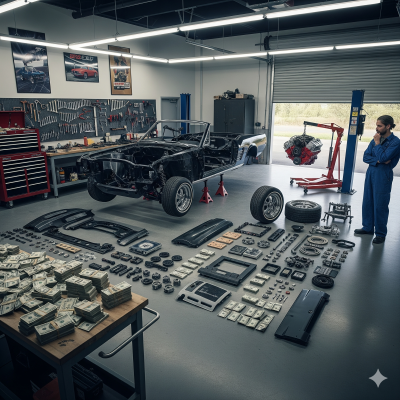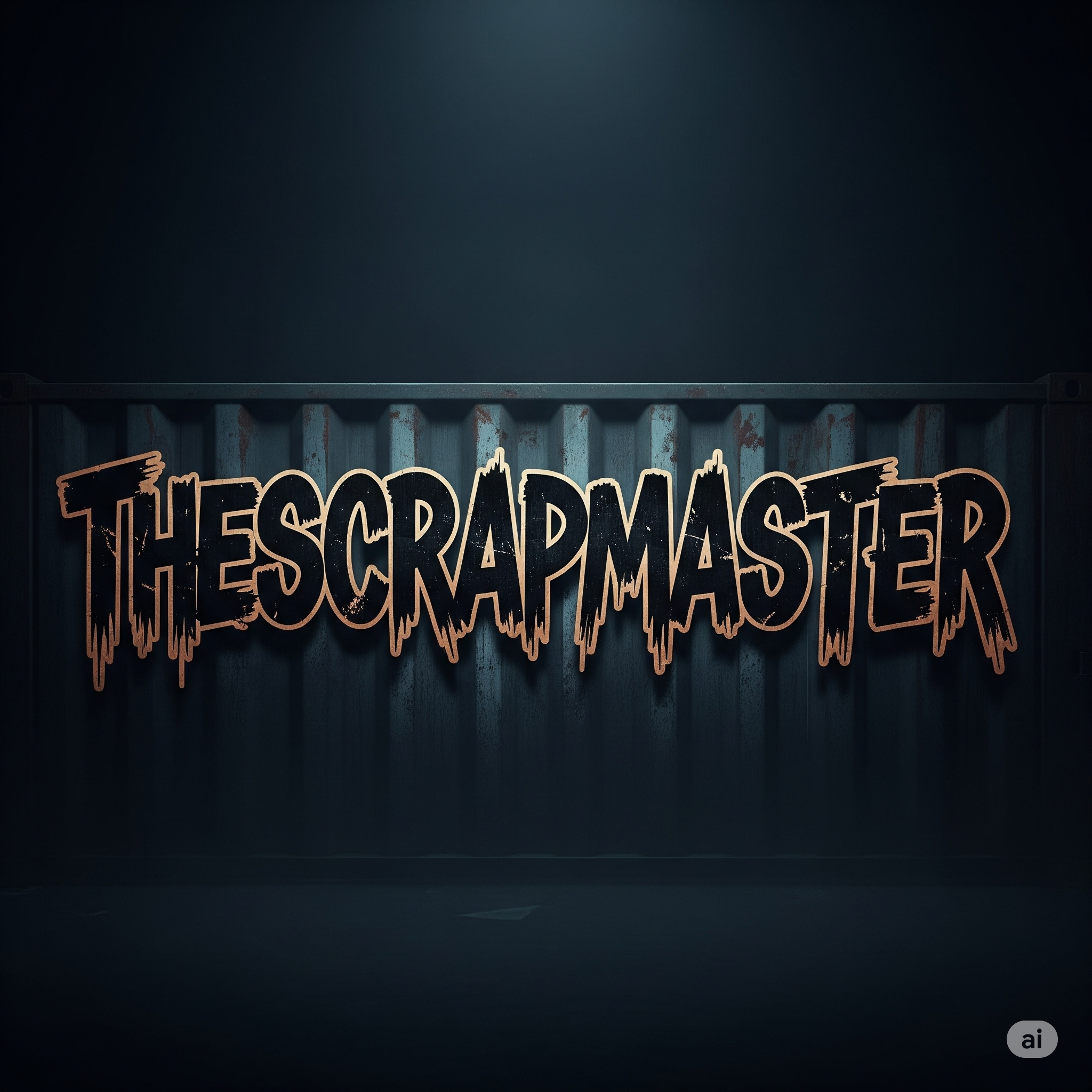The good news for you is that a "total loss" to an insurance company might be a gold mine for someone looking to salvage parts. The damage might be cosmetic, a minor mechanical issue, or a theft recovery with no damage at all.
Why Do Cars End Up at Auctions?
Cars land in these auctions for a variety of reasons, which is where you can find opportunities:
Collision Damage: The most common reason. A front-end collision might destroy the bumper and headlights, but the engine, transmission, and interior components could be in perfect condition.
Hail Damage: Dented exteriors but often mechanically sound. These cars are excellent for salvaging interior parts, electronics, and engines.
Flood Damage: This can be a high-risk, high-reward situation. A car with minimal flood damage might be a bargain, but extensive water damage can ruin electronics and mechanical systems. Proper due diligence is essential.
Theft Recovery: The car was stolen and later found. It may have minimal to no damage and a salvage title simply because of the theft and recovery process. These can be prime targets.
Vandalism: Similar to theft, a car might have a salvage title due to damage from vandalism, but the key mechanical parts may be untouched.
Introduction to Major Auction Platforms
Your primary sources for these vehicles will be online salvage auction platforms. These are not your typical used car dealerships. They are wholesale marketplaces where insurance companies, rental car fleets, and banks sell off damaged, seized, or retired vehicles. The two biggest players in the U.S. market are:
Copart: The largest global online vehicle auction company. Copart auctions include a vast inventory of cars, trucks, motorcycles, and more.
IAAI (Insurance Auto Auctions): Another major player, specializing in vehicles from insurance companies.
Both platforms require a membership or license to bid, and you must adhere to their specific rules and regulations. Understanding how to navigate these platforms is your first step to success.





